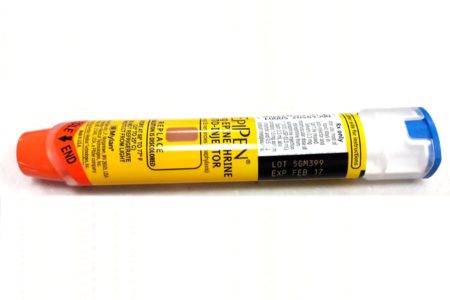By Howard Gleckman for Forbes
Imagine your mom has a stroke. Once she is stabilized, she is sent to a skilled nursing facility for rehab. Then she goes home and gets some home health care and additional physical therapy. Medicare may pay, but for how long?
For many years, that was decided by the “improvement standard.” In other words, as long as this care helped mom become more mobile or improve her speech, Medicare would pay at least some of the cost (up to a maximum of 100 days per spell of illness). But once she stopped getting better, Medicare would stop paying.
To the surprise of many, the improvement standard was an urban myth. It existed in no law or regulation.
A woman named Glenda Jimmo sued the Centers for Medicare and Medicaid Services (CMS) over this issue, and almost four years ago the federal agency that runs Medicare settled her lawsuit a federal court. It agreed to pay for skilled nursing and rehab services that “are necessary to maintain the patient’s current condition or prevent or slow further deterioration.” In other words, the nursing facility or home health agency didn’t have to show she was getting better in order to get paid. Medicare would cover mom’s rehab as long as it kept her from getting worse. That’s a huge difference. Here is a good summary of what the decision means.
Widespread confusion
But despite the settlement and an effort by CMS to explain the new standard to both providers and the outside auditors the agency hires to review Medicare claims, there continues to be widespread confusion about the rule. Auditors still sometimes demand that nursing homes or home health agencies reimburse Medicare for improper payments even though the providers met the agreed-upon maintenance standard. Overly-cautious providers, fearing that they’ll get hit with a huge retroactive Medicare bill, are reluctant to provide the extra nursing or therapy care. The result: A few patients pay for this care out of pocket, often at a cost of tens thousands of dollars. Most simply do not get the care they need.



























